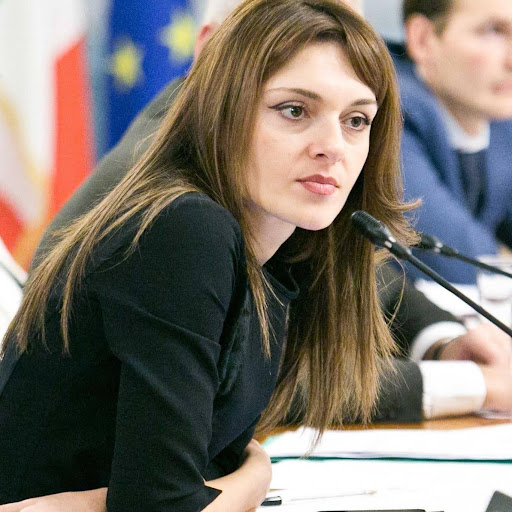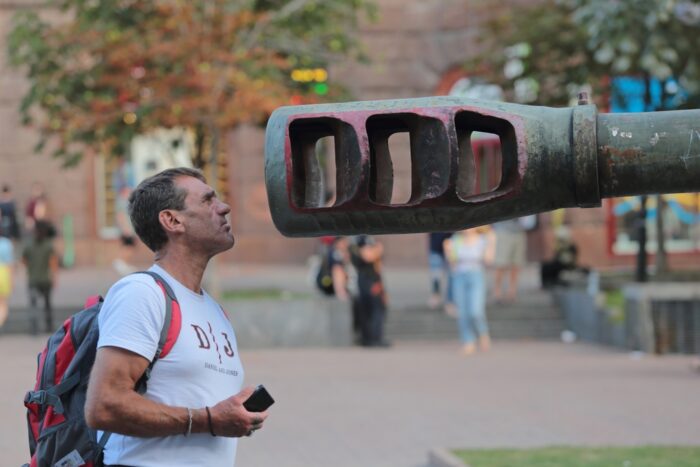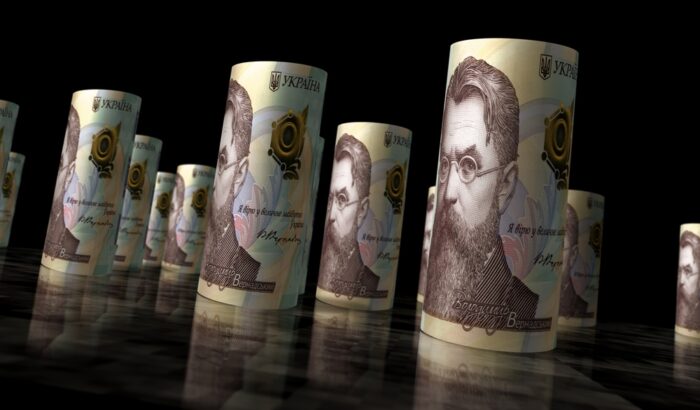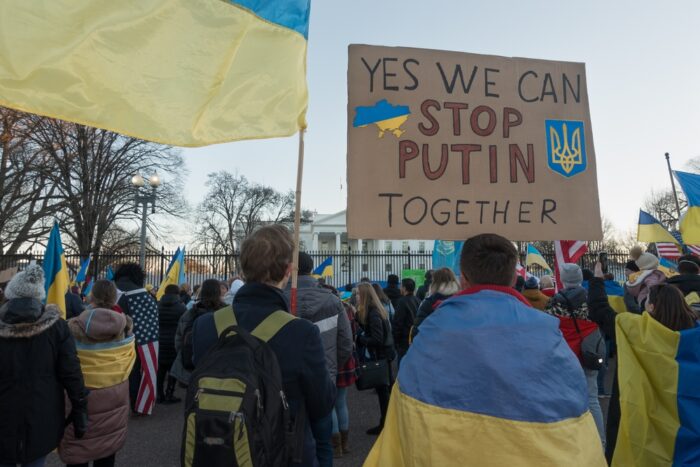The Progressive Post
European integration in wartime: the EU’s imperative to preserve and rejuvenate Ukraine’s democracy

In December 2023, the European Union made a momentous decision: to initiate EU membership talks with Ukraine. This landmark choice unfolded amidst unparalleled circumstances. Ukraine finds itself navigating a formidable integration journey amid a full-scale Russian invasion, characterised by the tragic loss of thousands of lives – both military and civilian – and the decimation of the nation’s infrastructure.
Yet, amidst this turmoil, Ukrainian society has exhibited remarkable resilience and determination. It has underscored its commitment to realising its aspirations as a European democracy founded upon the pillars of the rule of law and effective governance.
Since the onset of the war in 2014, Ukraine has embarked on a transformative journey marked by significant reforms and institutional changes, including strengthening political competition through expanded parliamentary powers and a return to a parliamentary presidential republic; decentralising finances and administrative territories to stimulate regional development and increase political competition; implementing civil service reforms to instil professionalism and integrity, along with creating anti-corruption bodies to combat political corruption; introducing public funding for political parties to reduce reliance on oligarchic capital; introducing an electronic declaration system to curb political corruption by promoting transparency; adopting a proportional representation electoral system with preferential voting to enhance fairness.
Presently, over 90 per cent of Ukrainians endorse democracy as their preferred form of governance. The country is eager to fortify democratic institutions, undertake reforms, and align with European standards across political, economic and social domains.
Nevertheless, this ambitious agenda can only materialise once the invasion ceases. Despite Ukraine’s successes in reclaiming dominance over the Black Sea and facilitating grain exports, its counteroffensive to liberate occupied territories has fallen short. Delays in Western military support have allowed Russia to fortify its positions, leading to a positional war with the potential for a stalemate. After two years of conflict, we find ourselves precisely where the Western strategy – to permit Ukraine to defend itself but not to win, employing an approach called ‘escalation management’ – has placed us: a situation where Ukraine fails to liberate additional territories and on the other side, Russia is unable to conquer any further territory. In the Western calculus, this scenario should have compelled President Vladimir Putin to the negotiation table by now. However, this has not occurred yet and will not in the future, for a straightforward reason: Putin wants to subjugate the whole of Ukraine.
It is evident that a mere armistice will not suffice to end the conflict. Even the complete liberation of Ukrainian territory and cessation of hostilities will not mark the war’s conclusion. The persistence of authoritarian rule in Russia, coupled with its imperial and expansionist aspirations, foreshadows future escalations and conflicts. This fundamental reality significantly influences the trajectory of Ukrainian democracy both during and beyond the conflict.
The democratic strides made by Ukrainian society amidst wartime adversity have exacted a staggering toll: the loss of thousands of lives. Recognising the gravity of this sacrifice will undoubtedly shape the nation’s trajectory in the long run. With many Ukrainians having endured the loss of friends and relatives throughout the war, coupled with ongoing sacrifices, the magnitude of suffering is simply unbearable. Ukraine finds itself, and will likely remain for the foreseeable future, a society grappling with post-war trauma, haunted by a pervasive sense of insecurity stemming from Russia.
In Ukraine, a prevailing sentiment is emerging: faced with present and future security challenges, Ukrainians must rely primarily on themselves. Consequently, efforts to fortify the security and defence sectors, alongside advancements in the military industry, are gaining momentum.
In a society ravaged by war and its aftermath, marked by heightened security anxieties, there is a looming risk of over-securitisation. This, in turn, could lead to a notable slowdown in the development of democracy. Such a scenario may coincide with the monopolisation of power, a trend frequently observed in post-war nations. Additionally, the stark deterioration in economic conditions, coupled with escalating unemployment and other adverse consequences of the conflict, further exacerbates the potential deceleration of democracy development.
At the onset of the war, the national government implemented a martial law regime, imposing restrictions on constitutional rights. These measures included bans on rallies, halts to elections and referenda, curfews and limitations on domestic and international travel. The restructuring of the state apparatus granted the president expanded wartime authority over the cabinet of ministers, thereby reducing the influence of parliament. While these measures may be deemed necessary, it is undeniable that martial law imposes significant constraints on civil liberties, essential components of a democratic society, including freedom of speech, participatory democracy, electoral rights, and political pluralism.
Considering this context, Ukraine faces several challenges. There could be the potential temptation for political elites to perpetuate the current wartime consolidation of power around the presidency into the future. Further delays in implementing fundamental reforms within the judiciary sector could be a risk. Additionally, controlling authorities may exert increased pressure on businesses. There’s also the temptation to undermine certain accomplishments of decentralisation reforms, along with the risk of continued control over the information landscape. Furthermore, the inherent weakness of political parties, exacerbated by the suspension of political competition during martial law, may lead to the monopolisation of political activities.
The global landscape reveals democracy under siege, evident from the United States to Europe, where external dictators exploit democratic freedoms to sow destabilisation, while internal threats from populists and radicals, both left and right, further complicate matters. Ukraine, amidst its democratic transition during wartime, is not immune to these challenges. Yet a robust democracy in Ukraine is a fundamental prerequisite for its accession to the European Union. Achieving this goal, however, necessitates a sustainable peace, underpinned by the kind of security guarantees only NATO can provide.
The Ukrainian struggle against Russian aggression transcends mere state survival; it embodies a fight for democracy itself. In this critical juncture, the EU bears a responsibility to aid Ukraine in preserving its democratic fabric during wartime and facilitating its recovery in the post-war era. Offering prescriptive solutions is a daunting task, given the complexity of the situation. While the EU’s pressure for domestic reforms through conditional approaches is underway, it may prove insufficient. To ensure the longevity of Ukraine’s democracy, security assurances are imperative, necessitating NATO membership. Thus, for Ukraine, the paths to EU and NATO accession are intertwined, underscoring the vital importance of European integration in preserving and healing Ukraine’s democracy amidst the trials of war.
Photo credits: Shutterstock.com/Cristian Storto




